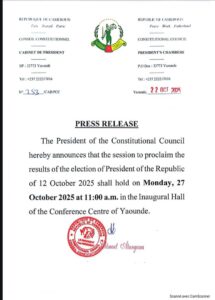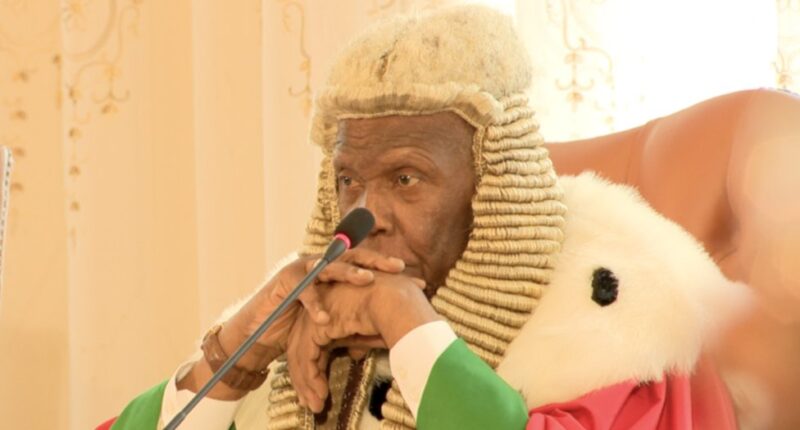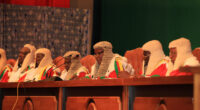In a sudden twist that exposes the deep cracks within La République du Cameroun’s crumbling political architecture, the so-called Constitutional Council has postponed the proclamation of the October 12 presidential election results from Thursday, October 22, to Monday, October 27, 2025.

The announcement, signed by Clement Atangana, the ageing president of the Council and long-time loyalist of the Biya regime, has sparked outrage across the territory, as many see it as a calculated move to buy time and manipulate figures to fit the regime’s narrative.
Sources inside Yaoundé describe a climate of confusion and intense pressure, with reports of deep division among regime insiders on how to manage the post-election crisis. The streets of major cities remain heavily militarised, with security forces patrolling neighbourhoods and suppressing spontaneous demonstrations calling for “la vérité des urnes” — the truth of the ballot box.
The postponement comes just hours after Issa Tchiroma Bakary, a key opposition voice and former government spokesperson, released what he calls “authentic results from the field.” In his statement, Tchiroma published a list of polling stations where he claims to have won decisively, warning the regime not to “proclaim a fabricated outcome that will plunge the nation into chaos.”
Observers say the Constitutional Council’s decision to delay the proclamation is an attempt to calm growing unrest and manage both internal and external pressure. Across social media, Cameroonians are expressing frustration and disbelief, describing the move as “a desperate attempt to rewrite the people’s verdict.”
From the Northern Region to Douala, Bafoussam, and Yaoundé, resistance movements and opposition sympathisers have called for vigilance, urging the population to remain firm and demand that the actual results reflecting the will of the people be made public.
Meanwhile, in Ambazonia, pro-independence activists view the unfolding chaos in La République as a confirmation of their long-held argument that the colonial system in Yaoundé is unsustainable and morally bankrupt. “This is not democracy. It’s a dictatorship in slow motion,” one activist told Bareta News. “The people are awake, and no amount of delay will change the truth.”
As Monday approaches, the world watches closely. Whether the regime will proclaim what many already fear to be a falsified result or bow to pressure and recognise the popular will remains to be seen. But one thing is sure: the streets are restless, the people are watching, and the cracks in the house of Biya have never been this visible.
By Lucas Muma





